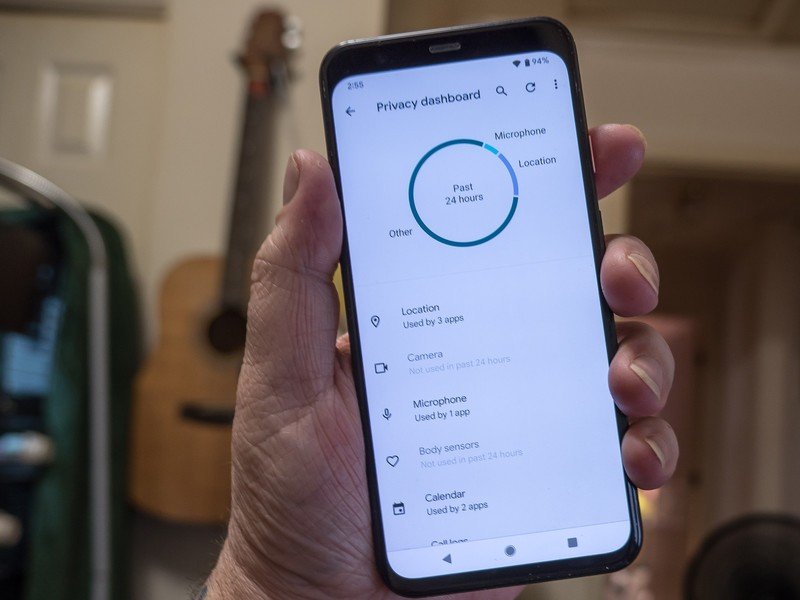Olympians, and burner phones, and online safety — oh my!

The U.S., Canada, and the U.K. have all advised participants in the Winter Olympics 2022, held in Beijing, to leave their phones, tablets, and laptops at home. Instead, asking athletes to rely on burner phones for communication while abroad. The Netherlands, Sweden, and Switzerland went a step further and will provide "disposable" devices to their Olympic teams, which will be destroyed once they return home. Expect more of this sort of thing as we approach the Feb. 4 opening for the Winter Olympic Games.
It's easy to reduce this reaction as some sort of xenophobic or racially charged screed, but if that's what you're here for I will gleefully disappoint you. Having said that, I do think this is the right reaction from the governments involved.
Let me stop you right there. Wonderful people live in and were born in China. I've never been, but I'm told it's also a beautiful country steeped in rich history and culture. The problem is the government. Specifically, its laws surrounding the use of electronic devices. To be blunt: In China, the laws say that the government can surveil all people within the borders of China and censor the things they "say" on the internet or over any electronic medium. And in this case, "can" means totally does.
In the U.S. (and Canada, the U.K., and plenty of other countries) the government can also track movements and spy on online communications. All that's needed is a slip of paper signed by a judge. That small piece of paper is there to protect the rights of citizens, and while it's not always effective, it is a safeguard. The bigger difference is that most countries aren't too concerned about what the average person does online or where they travel. China may not be very concerned either, but it tracks people anyway — no slip of paper and no judge is necessary.
Collecting today for access later
I'm not privy to what goes on in government sessions in China, but I do know enough about paperwork that I'm positive there isn't a giant windowless building filled with workers that actively track every single person living in or visiting China. There doesn't need to exist because a computer is fully capable of tracking everything about you and storing the data for handy retrieval at a later date. China collects today so it has access later, while the U.S. waits for a need then collects the data it needs to access today.
I'm not here to say which is the better way because I think there should be an even bigger right to privacy than anything we have now. I'm just explaining that China collecting data on "everyone" is a real thing that's mostly tolerated by the people of China. It's certainly expected and the government isn't trying to keep all this a secret. That's how it's done, and those are the rules.

Smoke and mirrors
Information is successfully tracked using the simple things we all have on our phones: apps. Yes, the carrier and the company writing the operating system also make it easier for government surveillance, but that pales in comparison when you think about how easily an app can do it. Apps routinely request your location, and accept input on the things you type or even say out loud. Apps even track how you use other apps and if they can get away with doing so. Think about it. When we buy the best Android phone, one of the first things we do is install all of our favorite apps.
Get the latest news from Android Central, your trusted companion in the world of Android
Some apps and services like Facebook and Twitter are officially blocked in China. Needless to say, athletes from visiting countries will certainly want to use them anyway, and there is a greater than normal risk for state-sponsored "spy" software or even real malware once users start to try dodgy things they've read about on the internet.
I assume (yes, I know one should never do it) that most reading this are aware on some level that China tracks the people in its borders using their smartphones. I will also assume that most everyone reading this is not an Olympic athlete with rigorous training schedules who lives a life very focused on a thing that isn't related to technology, like downhill skiing, for example.
This is why the governments of countries that offer a bit more online privacy (or at least the appearance of it) have a responsibility to tell their Olymipains they shouldn't be lugging their expensive new phone to China. The actual risk of exposing digital data is just too high to not suggest it.

Jerry is an amateur woodworker and struggling shade tree mechanic. There's nothing he can't take apart, but many things he can't reassemble. You'll find him writing and speaking his loud opinion on Android Central and occasionally on Threads.
